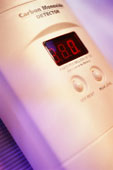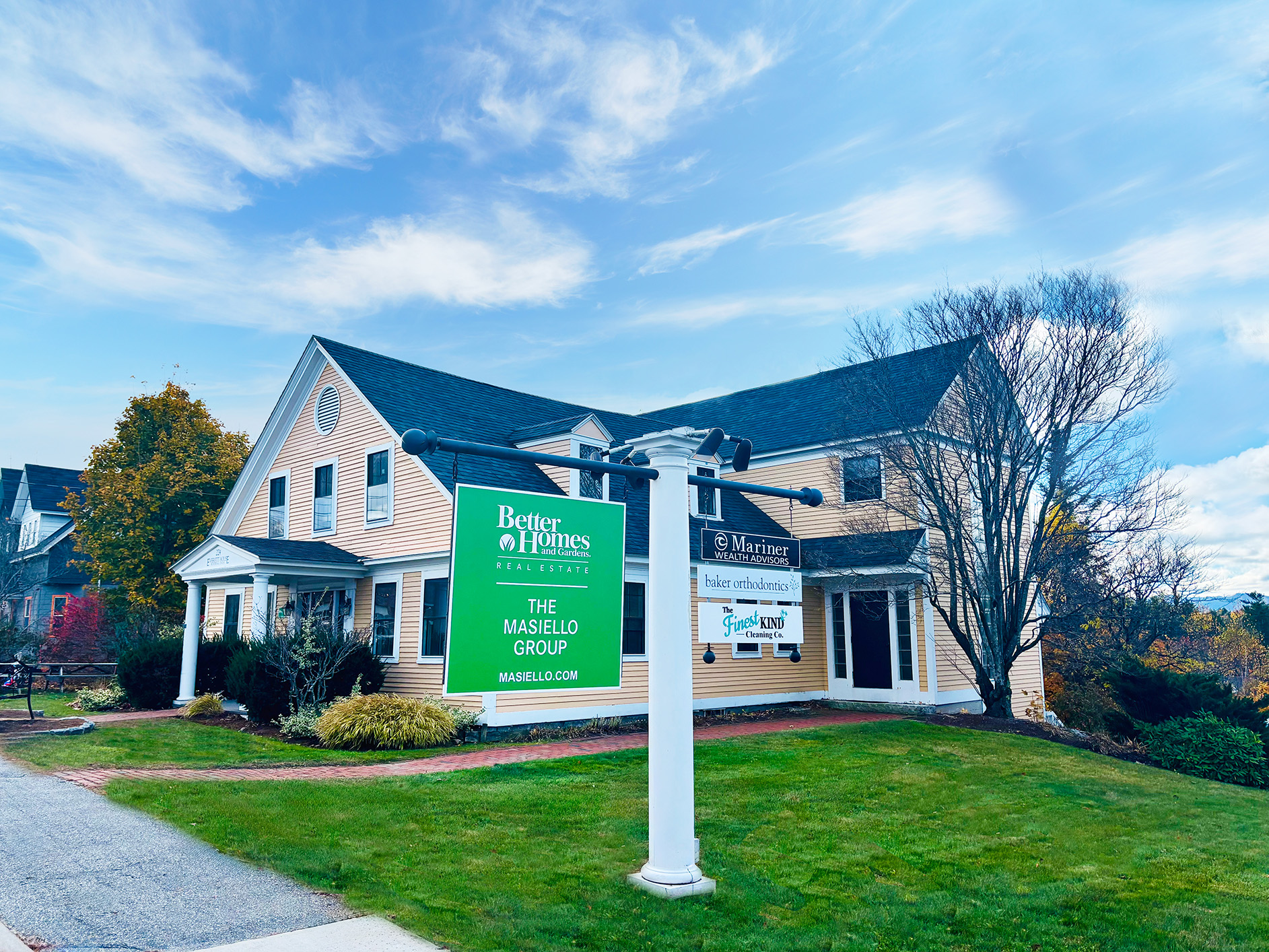November is Carbon Monoxide Awareness Month in New Hampshire
The following information was released November 9, 2010, by the Department of Environmental Services (DES), Concord, NH –
 The NH Carbon Monoxide Work Group announced November, 2010, as the state’s first Carbon Monoxide Awareness Month, as proclaimed by Governor John Lynch.
The NH Carbon Monoxide Work Group announced November, 2010, as the state’s first Carbon Monoxide Awareness Month, as proclaimed by Governor John Lynch.
Carbon monoxide is a serious public safety concern, and poses the greatest risk to people in their homes. Nationally, CO is one of the leading causes of accidental poisoning deaths, and accounts for more than 50,000 emergency department visits each year in the US.
Carbon monoxide poisoning becomes a greater risk as we enter the heating season as people spend more time indoors. Protect your home and family by following these simple do’s and dont's:
DO have your fuel-burning appliances – including oil and gas furnaces, gas water heaters, gas ranges and ovens, gas dryers, gas or kerosene space heaters, fireplaces, and wood stoves – inspected by a trained professional, and make certain that flues and chimneys are connected, in good condition, and not blocked.
DO read and follow all of the instructions that accompany any fuel- burning device. If you cannot avoid using an unvented gas or kerosene space heater, carefully follow the cautions that come with the device. Use the proper fuel and keep doors to the rest of the house open. Crack a window to ensure enough air for ventilation and proper fuel-burning.
DO install at least one CO detector in the living areas of your home, preferably one on each floor.
DO know the symptoms of CO poisoning, which even at moderate levels, includes severe headaches, dizziness, confusion, nausea or faintness.
If you experience symptoms that you think could be from CO poisoning: get fresh air immediately. Open doors and windows, turn off combustion appliances and leave the house. Call 9-1-1 or get to an emergency room immediately.
DON’T idle the car in a garage -- even if the garage door to the outside is open. Fumes can build up very quickly in the garage and living area of your home.
DON’T use a gas oven to heat your home, even for a short time, and DON’T ever use a charcoal grill indoors – even in a fireplace.
DON'T sleep in any room with an unvented gas or kerosene space heater.
DON’T use any gasoline-powered engines (mowers, weed trimmers, snow blowers, chain saws, small engines or generators) in enclosed spaces, including the garage.
DON’T ignore symptoms, particularly if more than one person is feeling them. You could lose consciousness and die if you do nothing.
For a comprehensive source of information on carbon monoxide safety tips, emergency generator usage, health risks, and more, please see www.nh.gov/co.
The New Hampshire Carbon Monoxide Work Group is an interagency task force dedicated to keeping the public informed of the many safety and health issues related to carbon monoxide. The group includes representatives from the state’s departments of Environmental Services, Health and Human Services, and Safety, the Poison Center, the US Consumer Product Safety Commission, the City of Concord, Concord Regional Health Care, and Powers Generator Service.



